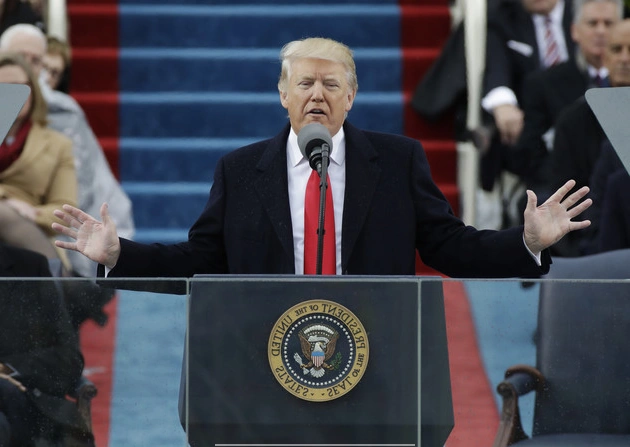
How Political Affiliations Impact Transition Roles: A Case Study
Political affiliations can have significant consequences on transition roles within government, as evidenced by a recent case study involving Michael Allen, a Republican national security expert. Allen, who was serving as the ‘sherpa’ for CIA director nominee John Ratcliffe, found himself ousted from his position due to his support for Liz Cheney, a prominent Trump critic.
The Impact of Political Ties
Allen’s involvement in organizing a fundraiser for Cheney in 2021 led to his removal from the transition team, despite his effective support for Ratcliffe’s nomination. This incident highlights the challenges faced by individuals with conflicting political allegiances in the political landscape.
Challenges in Transition Roles
The ousting of Allen reflects a broader trend within the current administration to eliminate Republicans who have openly criticized key figures like Cheney. This ‘purity test’ mentality underscores the importance of aligning with the dominant political ideology to maintain one’s position.
Despite Allen’s positive contributions to Ratcliffe’s nomination process, his association with Cheney ultimately cost him his role. This case serves as a cautionary tale for individuals navigating transition roles in a politically charged environment.
Looking Ahead
As political dynamics continue to shape transition processes, it is essential for individuals to carefully consider their affiliations and the potential repercussions on their roles. The evolving nature of political alliances underscores the need for strategic decision-making to navigate such challenges effectively.
In conclusion, the case of Michael Allen sheds light on the intricate interplay between political affiliations and transition roles within government. By examining such scenarios, we gain valuable insights into the complexities of political dynamics and their impact on individuals in pivotal positions.















